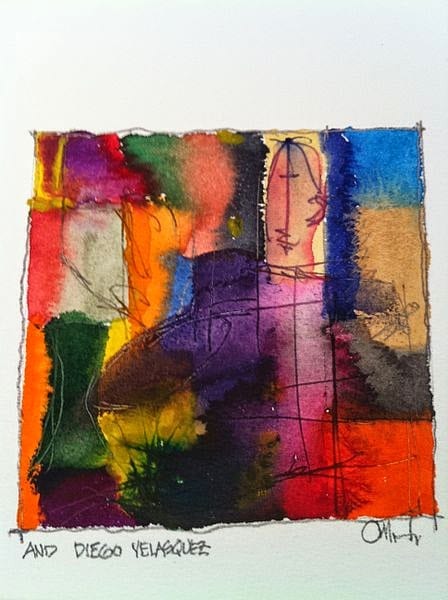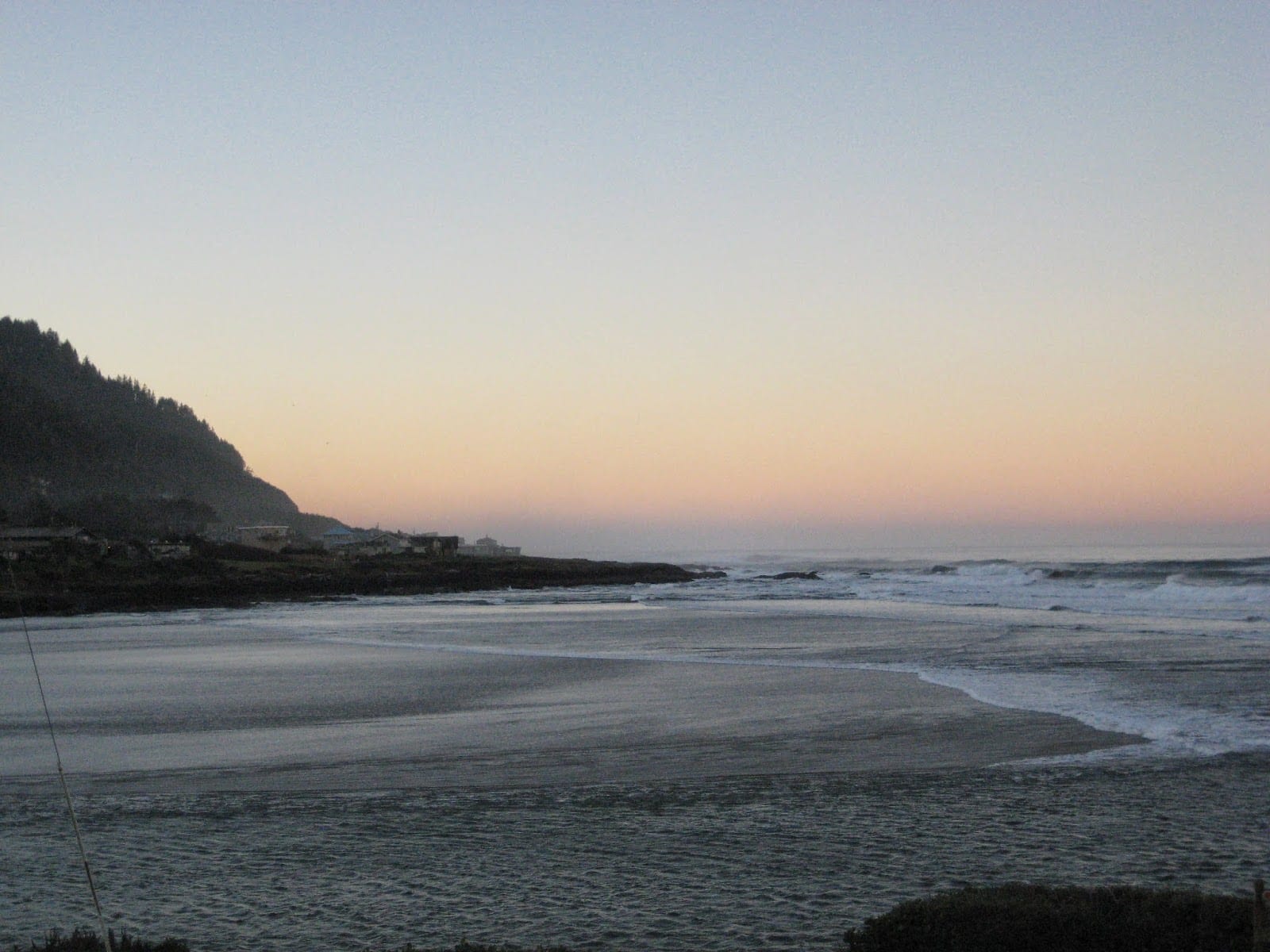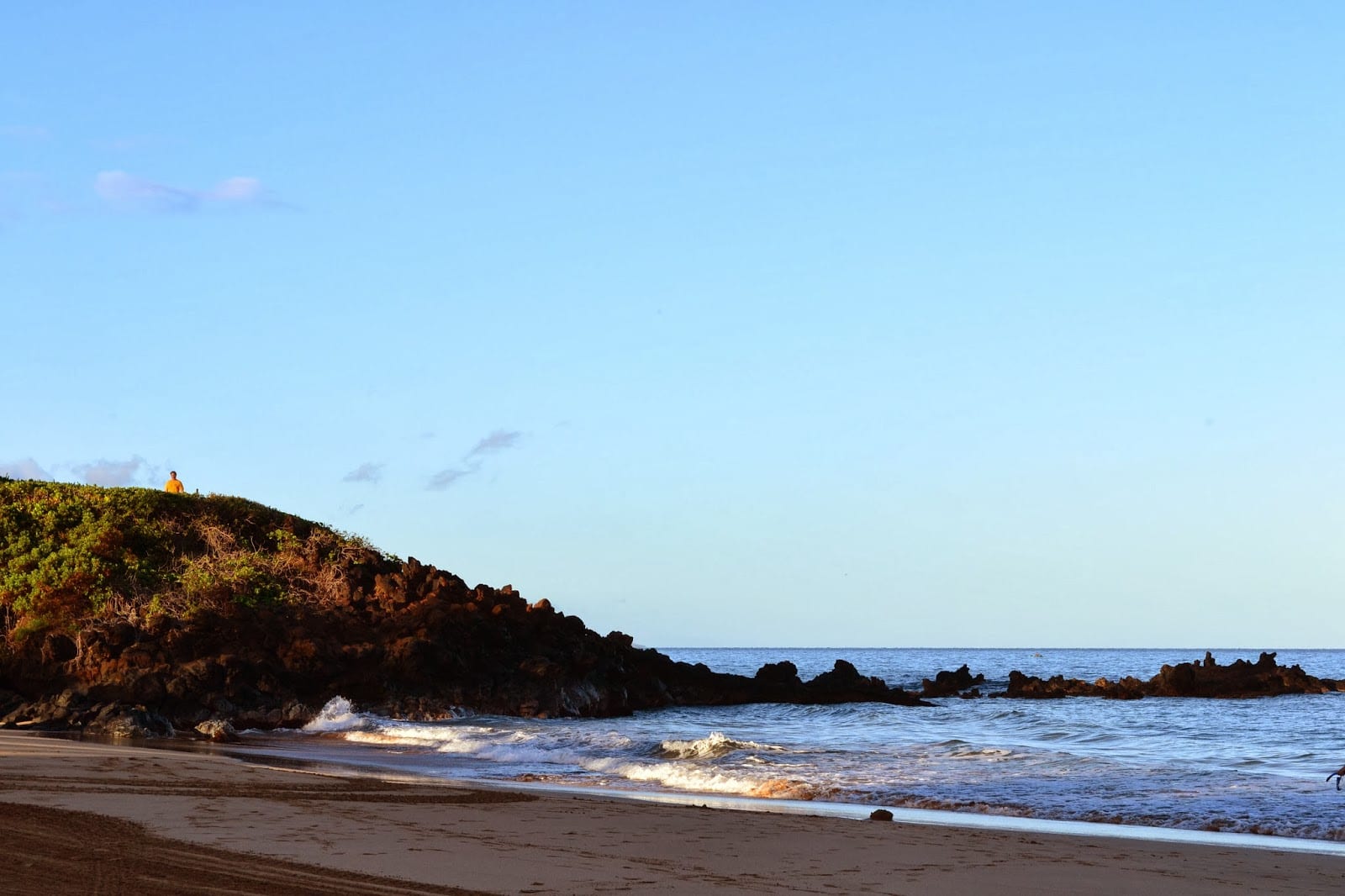easier to be angry than it is to feel sad. It is harder still to acknowledge
the fear that lies behind both the sadness and the anger without becoming
entangled in it and letting it take over.
And the most challenging scenario I’ve yet encountered is when the fear
and anger and sadness spring from incidents that involve my children. There is a certain intensity to the
feeling, the difference between a freshly-honed butcher knife and the paring
knife you’ve used for everything from slicing apples to cutting bread to
peeling cucumbers. That sharp edge makes all the difference and it gleams in
the light.
comes with a drive to act, a sense that I can do something to mitigate or
repair or eradicate. It feels like a positive force, propelling me forward. The
sadness feels like a pit, a low spot in the landscape where I have to just sit
and see my limited view of the horizon for a while. That feels hopeless and
helpless, especially when it comes on behalf of someone else, someone who will
benefit more from quiet compassion and understanding than any action I could
possibly take. I am much more
comfortable being the Mama Bear, putting out a forearm to block incoming
trouble and uttering a frightening roar because it feels proactive and
empowering. Sitting in that ditch with my kid while she sobs is not so
satisfying.
sad pit will get you eaten. Injury to the soul is of little consequence when
you aren’t sure whether or not you will find a meal or be the meal. And so I
suppose it is a consequence of our relatively luxurious life that I can feel so
acutely the emotional pain of my children and long for a solution that will
instantly make things different, or at least one that will give me the illusion
of control. But the backdrop of
luxury doesn’t make my heart hurt any less. And reminding my kids that they’re
not the only one this has ever happened to doesn’t make their hearts hurt any
less. It is nice to know you’re not alone, but it sucks to know that you still
have to make your way through the hurt in your own way, in your own time, no
matter how many people have been there before and how many others are sitting cross-legged in that damn pit with you.
children make their way through, in fits and starts, with frustration and doubt
and, sometimes, utter desolation, and know there isn’t a damn thing I can do but
love them and love them and love them until my heart feels like it will burst
with a single touch. As I walked the dog this morning I wished for anger, for
someone or something to project my fears onto because holding this emotion is
exhausting and anger is exhilarating in its power, even if it is often
destructive. Anger feels
galvanizing, strengthening, and when I go all Mama Bear, I am certain my kids
know I’ve got their backs and it feels good to express it publicly. Telling
them quietly that I acknowledge their pain and sadness and letting them see my
sadness feels supportive but falls flat because it doesn’t have all the
attendant bells and whistles of action. It isn’t necessarily in my nature to choose the easy way out but, man, do I really want to sometimes.







